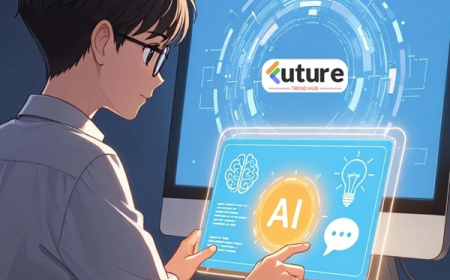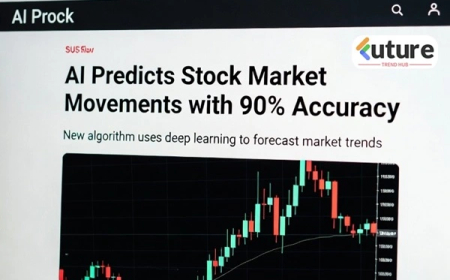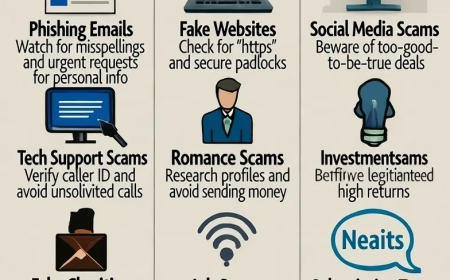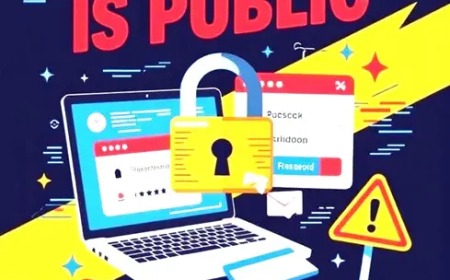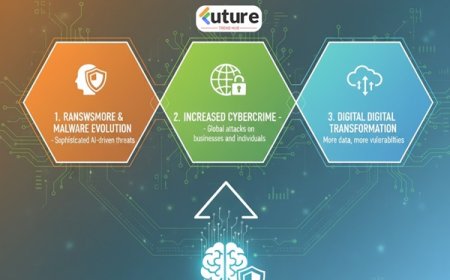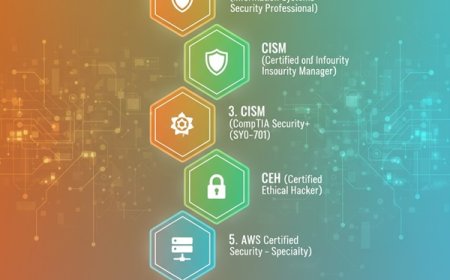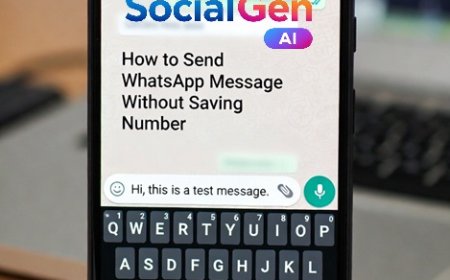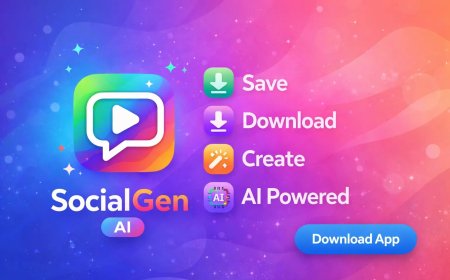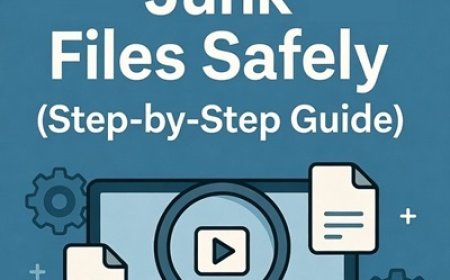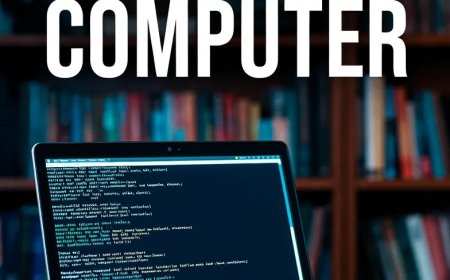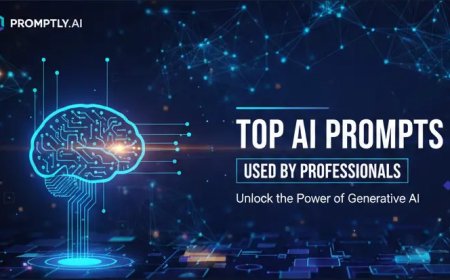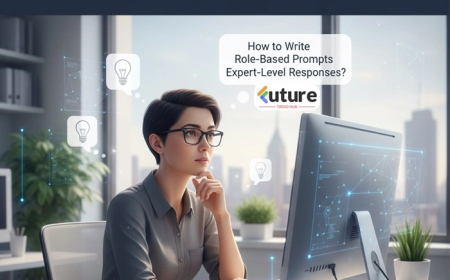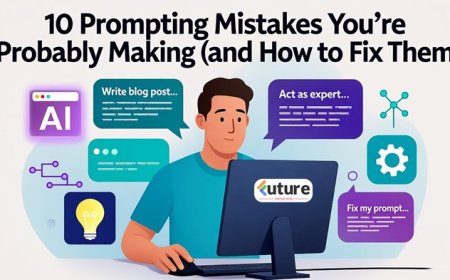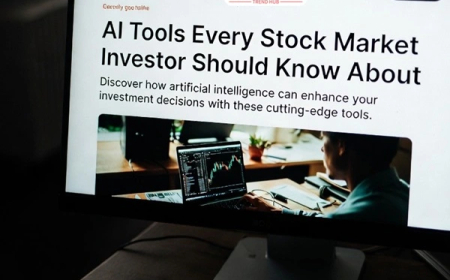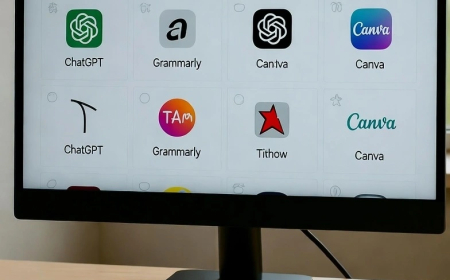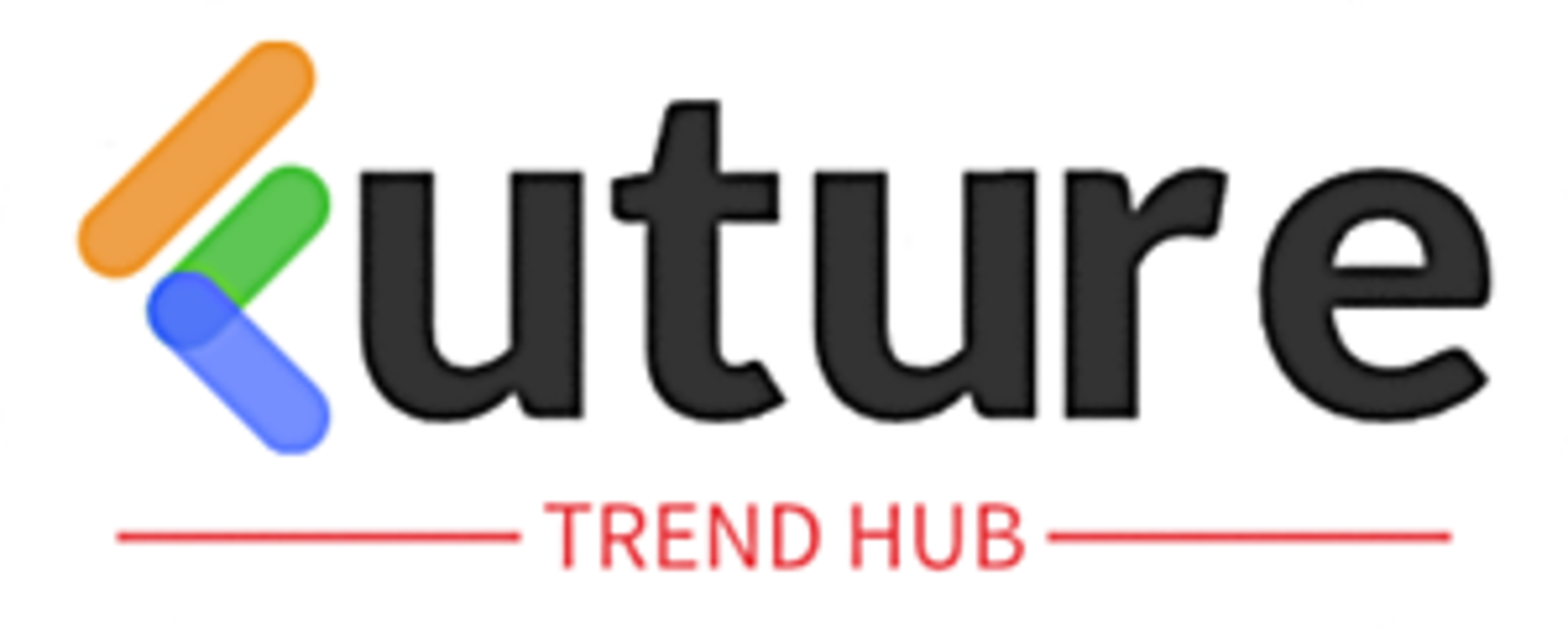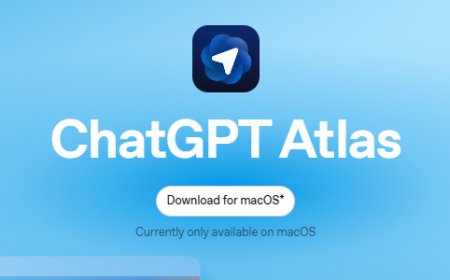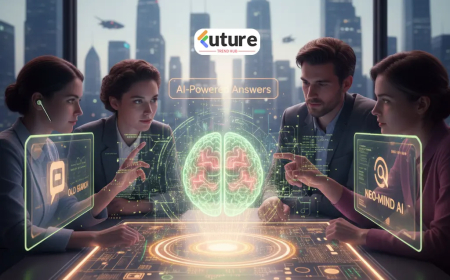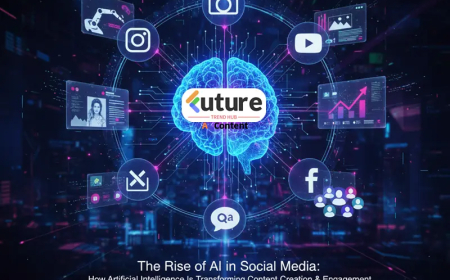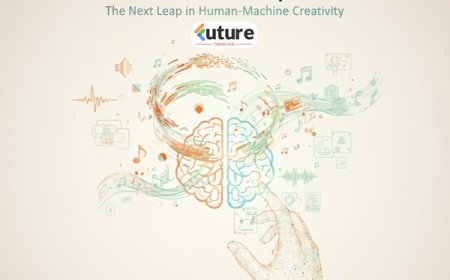Will AI Replace IT Jobs in 2025? | Future of IT Jobs & How to Stay Relevant
Discover how AI and automation are reshaping IT careers in 2025. Learn which IT roles are most at risk, which ones are resilient, and practical upskilling strategies to future-proof your tech career.
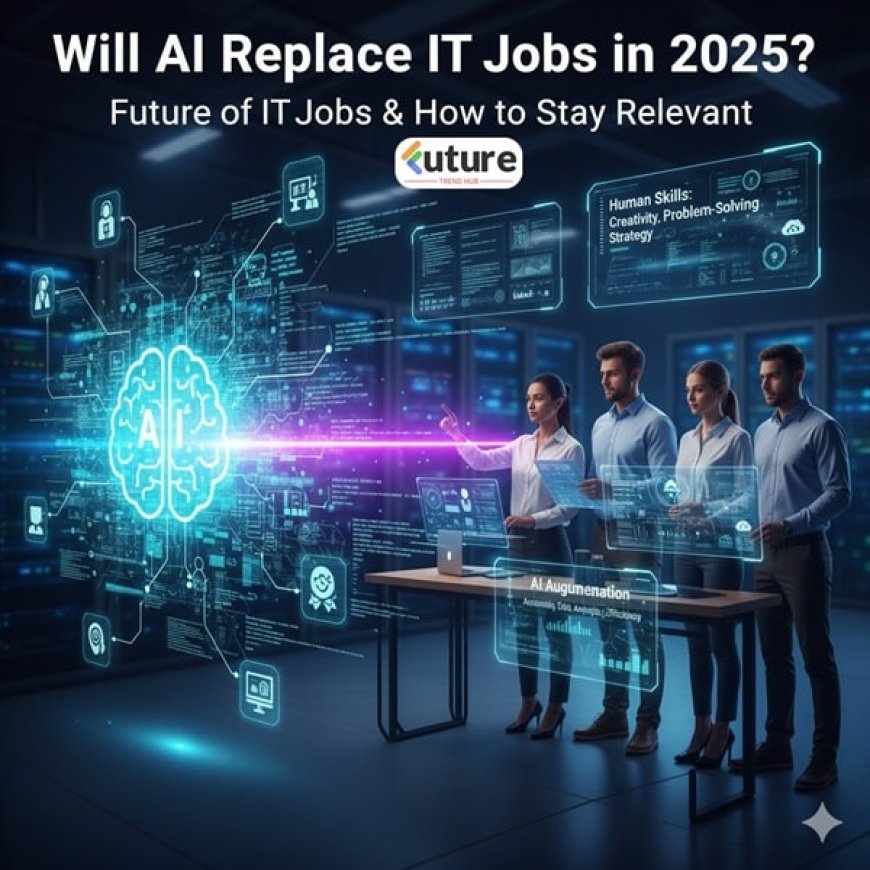
Introduction
AI and automation are accelerating change across industries — and IT sits at the center of that storm. Headlines warn of job losses while companies race to adopt generative AI, autonomous agents, and process automation. But the real question for IT professionals is less “will AI replace me?” and more “how will AI change what I do, and can I adapt?” This article breaks down the evidence from 2024–2025, identifies which IT roles are vulnerable or resilient, and gives practical advice to future-proof your career.
Big-picture reality in 2025
Multiple industry reports and surveys in 2024–2025 agree on two points: (1) AI will automate many routine tasks and change job content substantially, and (2) it will also create new roles and demand for skills that support, govern, and scale AI systems. For example, global analyses show a significant share of jobs will be exposed to automation, while many organizations report cost reductions and productivity gains from generative AI pilots.
Which IT jobs are most at risk?
Roles that are heavy in repetitive, well-defined tasks are most exposed:
-
Junior code maintenance / routine QA — code generation tools can create boilerplate, write tests, and fix simple bugs faster than manual effort.
-
Basic help-desk / Tier-1 support — chatbots and automated incident triage can handle many common queries and password resets.
-
Some testing and documentation tasks — test-case generation, regression testing, and doc updates are increasingly automated.
These trends are backed by workforce studies showing substantial exposure of routine tasks to AI automation.
Which IT jobs are likely to stay resilient (or grow)?
Not all IT roles are equally at risk. Jobs that emphasize complex judgment, deep domain knowledge, human coordination, or hands-on systems work remain in demand:
-
AI/ML engineers, data engineers, and MLOps — organizations need people to build, deploy, and monitor models. Demand is rising fast.
-
DevOps, SRE, and cloud infrastructure engineers — reliability, scalability, and security of AI systems require skilled engineers.
-
Cybersecurity specialists — attackers will use AI too; defensive work grows more important and complex.
-
Architects, product managers, and senior developers — these roles require cross-team coordination, design trade-offs, and stakeholder negotiation that are hard to fully automate.
-
Ethics, compliance, and AI governance roles — as companies deploy AI, governance and compliance are non-negotiable skills.
What employers are already doing
Large consultancies and tech firms are both retraining and restructuring. Some companies are investing heavily in reskilling programs — while also pruning roles they consider non-strategic for the AI era. The mixed approach shows employers expect both displacement and redeployment.
How to future-proof your IT career (practical steps)
-
Shift from execution to design & oversight. Learn system architecture, incident postmortems, and how to design resilient systems.
-
Learn data & AI fundamentals. Understand model training, data pipelines, MLOps, model monitoring, and costs. Coursera, edX, and vendor certs are practical starting points.
-
Invest in cloud and automation skills. Kubernetes, Terraform, CI/CD, observability, and SRE practices are high-value.
-
Specialize in cybersecurity or privacy. These domains need human expertise for threat modeling and policy.
-
Master soft skills. Communication, stakeholder management, and product thinking make you harder to replace.
-
Learn to work with AI tools. Use LLMs and agentic tools to be more productive — not to be outcompeted by them.
For managers & hiring teams: how to handle the transition
-
Audit tasks, not jobs. Identify which tasks can be automated and which require human judgment.
-
Invest in reskilling + redeployment. Upskilling programs reduce attrition and preserve institutional knowledge.
-
Adopt ethical & governance frameworks early — this reduces risk from model misuse.
Quick stats (2024–2025 highlights)
-
Industry surveys show large fractions of business functions reporting cost reductions after adopting generative AI pilots. McKinsey & Company
-
Global workforce studies indicate a substantial share of jobs will be exposed to automation, while many roles will be transformed rather than eliminated. World Economic Forum Reports
-
Large consulting firms are actively retraining thousands of employees and reorganizing teams to focus on AI capabilities. Business Insider
Conclusion — replaceable? yes and no
AI will replace some IT tasks and some jobs — especially entry-level, repetitive work. But it will also create new roles and increase demand for skills that are hard to automate: system design, AI engineering, security, and governance. The practical takeaway for IT professionals in 2025 and beyond is clear: move up the value chain, learn AI-adjacent skills, and become the person who builds, audits, and governs AI — not the person who only performs tasks that AI can do.
FAQ
Q: Will software developers be obsolete?
A: No. Developers will shift toward higher-level tasks (architecture, integration, AI orchestration). Routine coding may be automated, but senior engineering judgement remains critical.
Q: Should I switch to AI/ML full-time?
A: Not necessarily. Consider hybrid skills — e.g., DevOps + MLOps, security + AI governance — which are highly valuable and less crowded.
Q: How fast is the change?
A: Adoption is accelerating in 2024–2025, but full job displacement takes time. Expect evolving job descriptions and continual reskilling needs over the next 3–7 years.
What's Your Reaction?
 Like
0
Like
0
 Dislike
0
Dislike
0
 Love
0
Love
0
 Funny
0
Funny
0
 Angry
0
Angry
0
 Sad
0
Sad
0
 Wow
0
Wow
0





